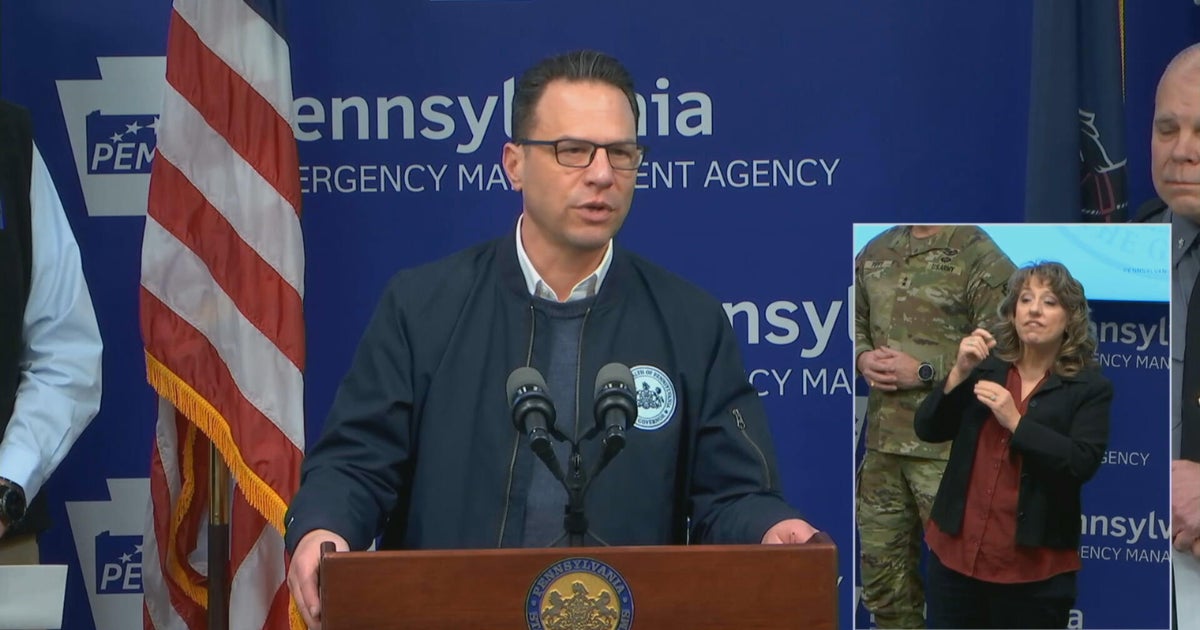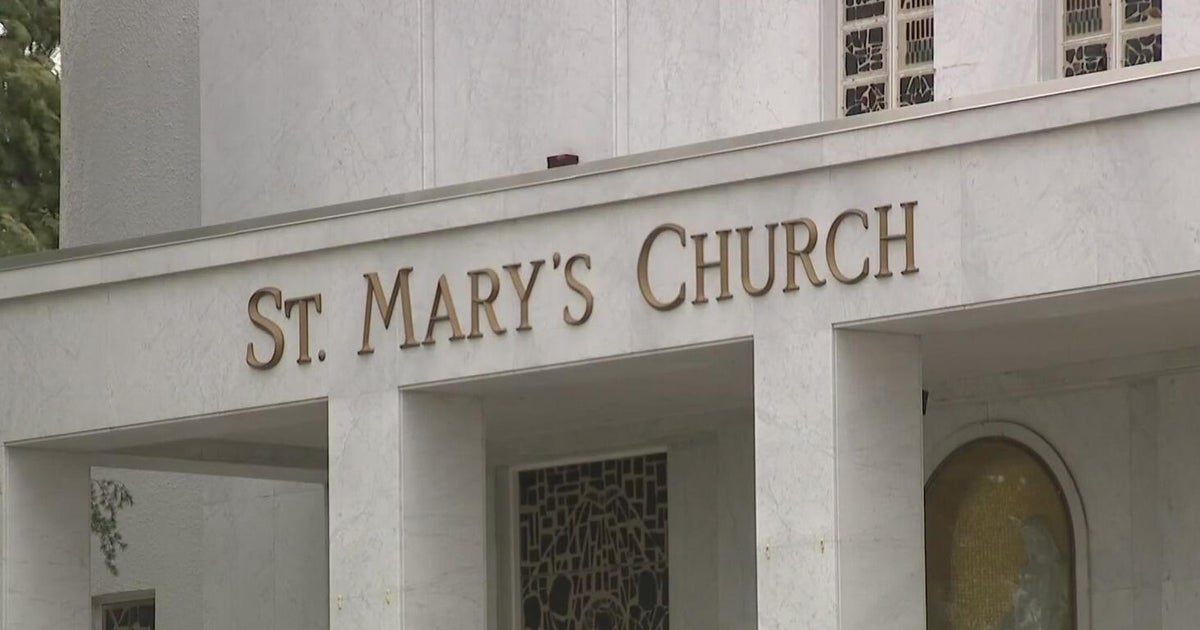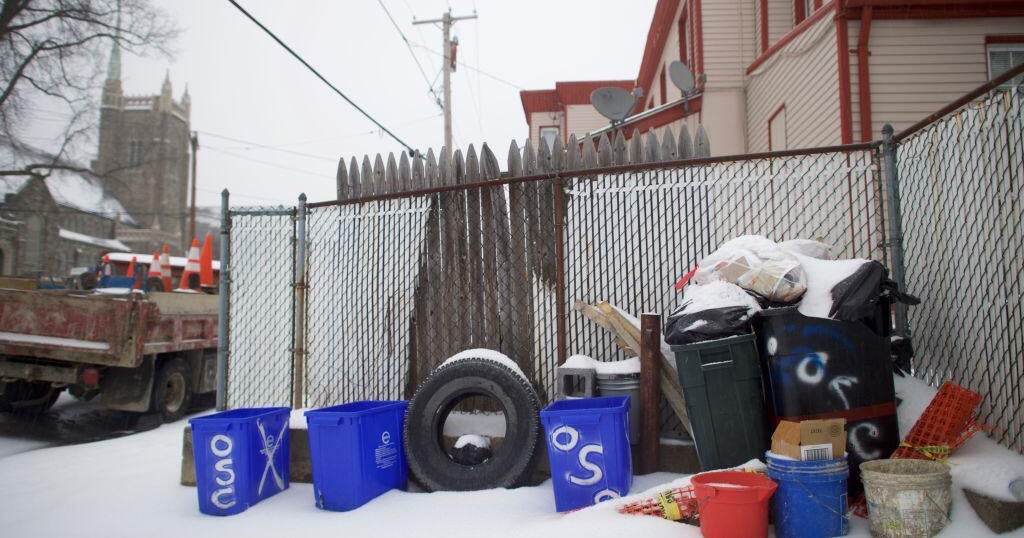Committees Approve $687 Million In Drought Relief
SACRAMENTO (AP) — A $687 million drought relief plan is headed for floor votes in the Legislature after winning quick approval Wednesday in legislative committees.
Assembly and Senate budget committees passed the bills, a week after the package was announced by Gov. Jerry Brown and the Democratic legislative leaders. California is facing its driest year on record, putting 17 communities at risk of running out of drinking water while forcing farmers in the nation's agricultural heartland to fallow fields and uproot orchards.
The legislation calls for immediate action on the drought, including $15 million to address emergency water shortages and an additional $1 million for a public awareness campaign. Most of the money comes from bonds previously approved by voters and will accelerate existing or planned water conservation and recycling projects.
Both houses of the Legislature are expected to vote on the drought legislation Thursday. If Brown signs the bills, as expected, they would take effect immediately.
AB 79 makes changes to the state's 2013-14 budget, creating grant programs for agencies and local governments to bid for project funding. Some specific projects received more funding, such as an additional $25 million in bond money for Folsom Dam modifications.
"I imagine we'd walk right into a veto if we added any earmarks," said State Sen. Mark Leno, D-San Francisco.
Republican lawmakers have raised concerns about how quickly the legislation is moving and pointed to language in AB 80 they say could affect existing water rights.
"In the rush to do it, and to do it now, I think we need to be careful not to do it recklessly," said Assemblyman Jim Patterson, R-Fresno, at a committee hearing.
Assemblyman Richard Bloom, D-Santa Monica, countered that the package was thoughtfully put together.
"This is an emergency," Bloom said. "We do need to move forward quickly to address this very, very real crisis."
Under the legislation, the State Water Resources Control Board would have new powers to issue fines for illegal diversions of water. Assembly Republicans spokeswoman Sabrina Lockhart says members of her party are concerned the board's authority could grow beyond dealing with the drought and encroach into redirecting water for environmental purposes.
Representatives of the governor's administration say existing water rights laws will not change, and that the new powers are only in effect during the state of emergency.
Republicans also questioned the Democrats' plan to tap $40 million from a fund created for projects that will reduce greenhouse gas emissions. Under a landmark program, California businesses pay for emissions and the state is supposed to use the money to fight climate change.
"This is beginning to look more and more like an executive slush fund," said Patterson, who proposed drawing the money from the general fund, the state's main checkbook.
The governor's office says water efficiency and energy efficiency go hand-in-hand. For example, the State Water Project, which supplies 25 million Californians and 750,000 acres of agricultural land, is the state's largest energy user.
The legislative package also will draw $47 million from the state's general fund to provide food and housing assistance for Californians hit hardest by the drought, primarily in regions heavily dependent on agriculture. Some Democratic lawmakers raised concerns about whether that would be enough.
"It's a pittance," said Sen. Jim Beall, D-San Jose.
The independent Legislative Analyst's Office released a report Friday laying out options for lawmakers to immediately address the drought. Several are included in the relief package, including expanding groundwater management and conservation programs.
But lawmakers would also reduce water consumption by requiring rate hikes, the report says. Legislators can update the state's water rights system by allocating water based on assumptions including that farmers are using water-efficient technology and that homeowners are using low-flow shower heads. These approaches, likely to be controversial, are not included in the relief package.
To meet Californians' long-term water needs, lawmakers are negotiating changes to an $11.1 billion water bond scheduled to go before voters in November. Republicans are emphasizing dams and reservoirs to increase water storage, while Democrats focus on making more use of existing water and restoring watersheds and ecosystems.
Legislative leaders expect a negotiated bill to come together by early summer.
(© Copyright 2014 The Associated Press. All Rights Reserved. This material may not be published, broadcast, rewritten or redistributed.)






